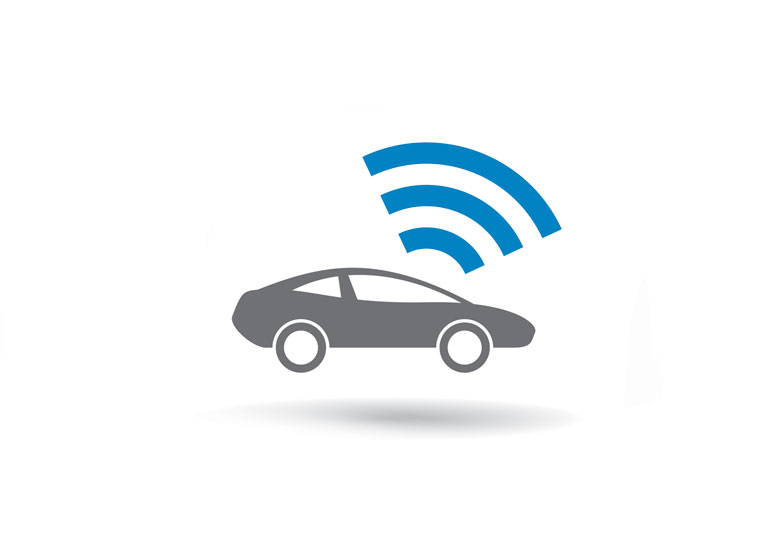Global automotive trends in 2022

The automotive industry has seen drastic impacts going back to the start of the pandemic, from vehicle sales crashing to keeping up with digitalization. Some transformations will continue to take place in the industry moving forward to 2022.
According to Fitch Ratings, global auto industry conditions could possibly improve next year, with the further recovery of demand and gradual easing of supply chain challenges.
The credit rating agency also forecasted global sales to increase. However, it is likely to be about 6% below the pre-pandemic level in 2019.
Fitch also mentioned that among other key items to watch for in the following year include the regulations on climate-related emissions becoming increasingly rigorous, the rapid growth of electric vehicles (EVs), and the continuing development of automated vehicles.
A push for sustainability
Awareness about environmental issues has made an impact on the automotive sector. With some targeting to reduce carbon emissions as part of the effort towards sustainable development, EVs increased its presence and would continue to be a trend that would reshape the industry in 2022.
According to Fitch, tightening emission regulations and government incentives can likely increase global EV sales next year.
However, the agency added that even with the increase in EV offerings and enhancement of battery technology, there are still worry over the range and the slow expansion of charging infrastructures, which could delay a major rise in the sales.
Similarly, in its 2022 automotive trends report, market research agency Kadence International cited a Deloitte study showing that consumers also expressed concerns on the driving range and the price of EVs.
“These are old worries and to some extent outdated, with ranges for EVs now often well over 400km. But they are likely to linger until the mass market is used to the presence of EVs — and more importantly, a visible EV infrastructure in terms of charging points. For innovators in this sector, price and infrastructure remain the most important levers to pull,” it said.
Advancing autonomous vehicles
Self-driving cars are also becoming more known recently. However, its advancement has several concerns to address along the way.
“Driverless cars have been part of the promised future for years, but the problems they pose — of AI, of laws and ethics, and of public perception — are still very hard to crack. ‘Yes…but not yet’ sums up the public response,” Kadence International said.
Basing on a US survey last June, the agency reported that even only 14% of the people found the prospect of autonomous vehicles fearful, only 36% said that they are eager to give up the full control of their vehicles.
“A lot of the concern around autonomous vehicles is around the car getting into an incident while you’re not engaged with the driving, so the newer generation of Advanced Driver Assistance Systems equipped vehicles make sure you do stay at least partially engaged by monitoring your awareness, alertness, tiredness, and other factors,” the agency shared.
More connected vehicles
Another technology advancing in the automotive sector are the in-vehicle connected services, which enable devices and systems within a vehicle to connect with one another and with other external or remote systems, explained Rohit Gupta, head of Products and Resources at Cognizant, in an article published by Automotive World. These have also been existing for some time, even before the rollout of EVs and autonomous vehicles.
“Compared with megatrends such as autonomy, the term ‘in-vehicle connected services’ certainly does not make sparks fly, but when viewed in-depth, it becomes an incredibly exciting market that will have a huge impact on most of our lives,” Mr. Gupta said.
Accelerated digitalization
Beyond advancing car features, the automotive industry has also accelerated its digital adoption. When the lockdown has forced several shops to consider selling online, several vehicle manufacturers do so as well.
Toyota Motor Philippines Corp. (TMP) is among those manufacturers that sped up its digitalization amid the pandemic. In August, TMP has launched its new and upgraded mobile app, the myTOYOTA, which allowed its users to explore its vehicle lineup, book car appointments, purchase vehicle upgrades and packages, and more. The app also includes a showroom feature that lets the users have a 360-degree virtual view of their chosen vehicles.
The global online car buying market has generated $237.93 billion last year, according to a report published by the Allied Market Research. It is expected to reach $722.79 billion by 2030, with a compound annual growth rate of 12.2% from this year to then.



